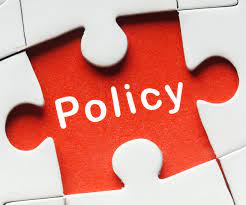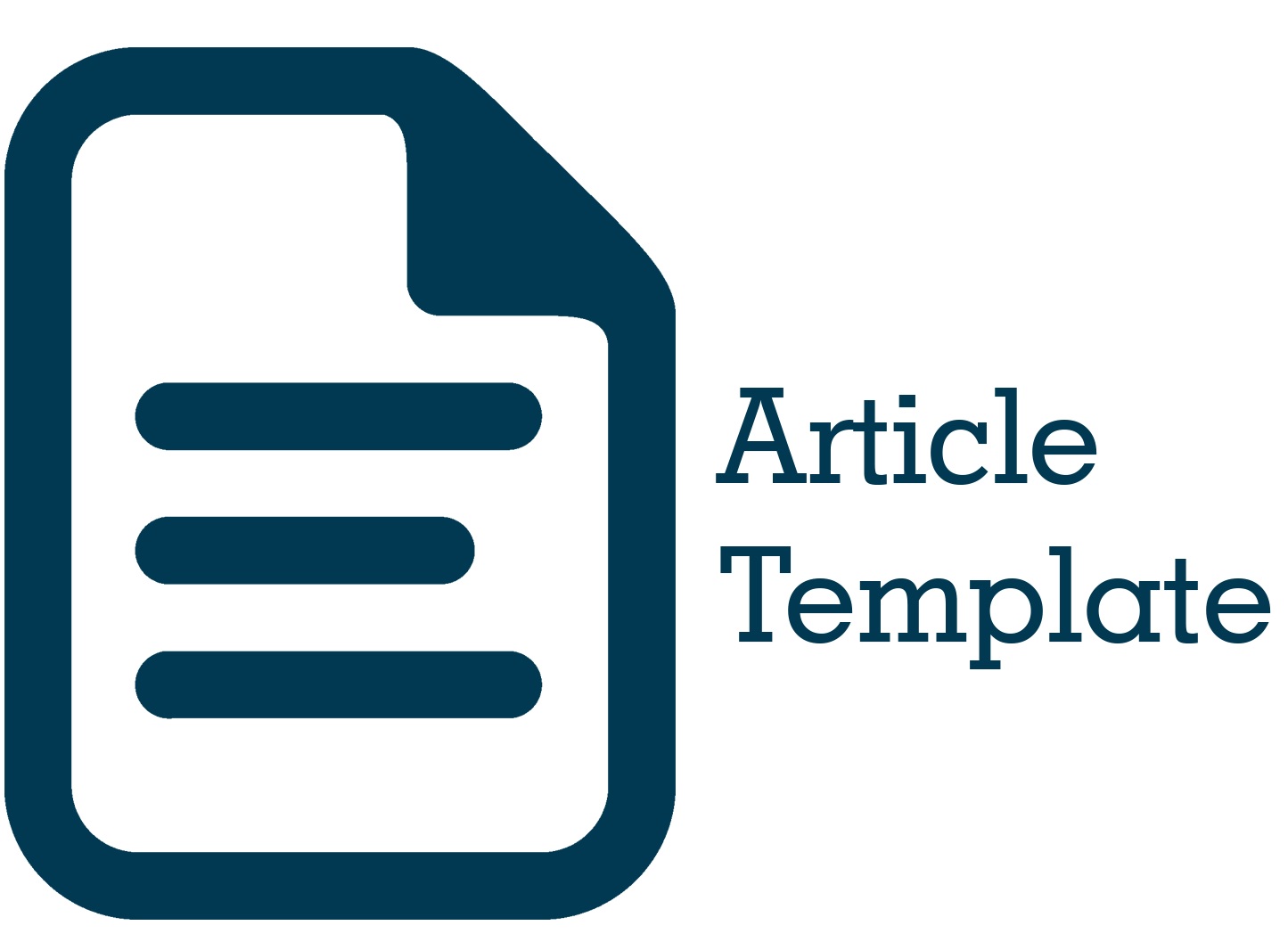The Influence of Career Development on Employee Performance with Self Efficacy as a Mediating Variable
DOI:
https://doi.org/10.51135/PublicPolicy.v6.i2.p513-529Keywords:
Career Development, Employee Performance, Self-EfficacyAbstract
This study aims to empirically test the influence of career development on employee performance with self-efficacy as a mediating variable at the Regional Tax and Retribution Management Agency (BPPRD) of Ambon City. The research used a quantitative method with 38 civil servants as the sample, selected through simple random sampling. Data were collected via questionnaires and analyzed using Smart PLS 3. The results show that career development has a significant and positive effect on employee performance. Additionally, self-efficacy significantly mediates the relationship between career development and employee performance. These findings suggest that employee development programs should focus not only on technical skills but also on building self-confidence to enhance performance outcomes.
Keywords
:
career development, employee performance, self efficacy
Downloads
References
Abdul Kadir. (n.d.). Peranan Brainware dalam Sistem Informasi Manajemen Jurnal Ekonomi Dan Manajemen Sistem Informasi. Sistem Informasi,. 60–69.
Abubakar, H. A., Ari, W. A., & W., S. A. (2020). Pengaruh Pengembangan Karier dan Self Efficacy Terhadap Kinerja Karyawan di PT. HUNTSMAN INDONESIA. Jurnal Manajemen dan Bisnis, 10(2), 130–148. doi:10.1234/jmb.v10i2.1234
Anoraga, P. (2017). Psikologi Kerja. Rineka Cipta.
Anwar, S. (2009). Psikologi Perkembangan. Rineka Cipta.
Asbari, M., & Ghozali, I. (2020). Metodologi Penelitian dan Aplikasi PLS-SEM untuk Manajemen. Penerbit Prenada Media. doi:10.5678/ppm.2020.98765
Asmawiyah, dkk. (2020). Sumber Daya Manusia sebagai Kunci Utama Keberhasilan Perusahaan. Penerbit Pustaka Mandiri. doi:10.5678/pm.2020.987654
Bandura, A. (2021). Self Efficacy. Dalam J. R. Smith (Ed.), Encyclopedia of Human Behavior (Vol. 4, pp. 71-81). Elsevier. doi:10.1016/B978-0123456789.00004-1
Bandura, A. (1997). Self-efficacy: The exercise of control. W.H. Freeman.
Busro, M. (2020). Teori-Teori Psikologi. Prenada Media Group. doi:10.5678/pmg.2020.123456
Cahyaningrum, W., & Prabowo, R. H. (2020). Pengaruh Pengembangan Karir dan Self Efficacy Terhadap Kinerja Pegawai Bank Mandiri Tarakan. Jurnal Manajemen, 12(3), 1–14. doi:10.1234/jm.v12i3.98765
Darmarini, A. R., Sumartik, S., & Firdaus, V. (2024). Pengaruh Self Efficacy, Individual Innovation Capabillity dan Knowledge sharing terhadap Kinerja karyawan di Industri tas. Jurnal Pendidikan Ekonomi (JUPE), 12(2), 288–296. doi:10.4567/jupe.v12i2.288296
Darmawan, A., & Anggelina, Y. (2022). The Effect of Motivation, Job Training, Career Development and Self Efficacy on Employee Performance. Jurnal Ilmu Manajemen, 12(1), 47–56. doi:10.4567/jim.v12i1.4756
Ghozali, I., & Latan, H. (2020). Partial Least Squares: Konsep, Teknik dan Aplikasi menggunakan SmartPLS 3.0 untuk Penelitian Empiris. BPFE. doi:10.9876/bpfe.2020.12345
Hair, J. F., Hult, G. T. M., Ringle, C. M., & Sarstedt, M. (2017). A Primer on Partial Least Squares Structural Equation Modeling (PLS-SEM) (2nd ed.). Sage Publications.
Hair, J. F., Black, W. C., Babin, B. J., & Anderson, R. E. (2019). Multivariate Data Analysis (8th ed.). Cengage Learning.
Hidayat, R., & Prasetyo, E. (2021). Pengembangan Karir dan Dampaknya Terhadap Kinerja Karyawan. Pustaka Ilmiah.
Kadir, A. (t.t.). Peranan Brainware dalam Sistem Informasi Manajemen. Jurnal Ekonomi dan Manajemen Sistem Informasi, (4), 60–69.
Khaerana, K. (2020). Pengaruh Self Efficacy terhadap Kinerja Pegawai pada Sekretariat Komisi Pemilihan Umum Daerah (KPUD) Kabupaten Luwu Timur. Jurnal Ecoment Global, 5(1), 80–89. doi:10.1234/jeg.v5i1.8089
Leatemia, M. (2020). Sumber Daya Manusia sebagai Aset Penting dalam Manajemen Organisasi. Jurnal Organisasi dan Manajemen, 15(2), 112–125. doi:10.1234/jom.v15i2.112125
Lestari, F., & Nugroho, S. (2019). The Role of Training and Self-Efficacy on Employee Performance. Jurnal Ekonomi dan Bisnis, 5(2), 77–88. https://doi.org/10.1234/jeb.v5i2.7788
Manopo, L. (2021). Manajemen Sumber Daya Manusia. Deepublish.
Mibowo, A. (2019). Hubungan Pengembangan Karir dan Produktivitas Kerja. Jurnal Manajemen Bisnis, 14(1), 78-90.
Nugroho, B., & Wijayanti, R. (2022). Career Development and Employee Performance: The Mediating Role of Self-Efficacy. Jurnal Manajemen Sumber Daya Manusia, 10(1), 22–35. https://doi.org/10.1234/jmsdm.v10i1.2235
Puji Hartatik. (2014). Kunci Sukses Membangun Kinerja Karyawan. Andi Offset.
Putri, A. P., Santoso, D., & Wibowo, T. (2021). The Role of Self-Efficacy in Public Service Performance. Jurnal Administrasi Publik, 17(2), 134–145. https://doi.org/10.1234/jap.v17i2.1345
Rahmadani, L., Yusuf, M., & Hartono, B. (2020). Career Development and Self-Efficacy in Government Employees. Jurnal Ilmu Administrasi Negara, 8(2), 101–112. https://doi.org/10.1234/jian.v8i2.101
Rahmawati, D. (2021). Strengthening Self-Efficacy to Improve Work Outcomes: Evidence from Local Government. Jurnal Manajemen Publik, 9(1), 55–67. https://doi.org/10.1234/jmp.v9i1.5567
Rasmiyati, M. I., Noer, E., & Betaubun, S. (2023). Pengembangan Karier Terhadap Kepuasan Kerja Melalui Self Efficacy pada PT. PLN ULP. Jurnal Ilmu Ekonomi & Sosial, 14(2), 11–23. doi:10.4567/jies.v14i2.1123
Robbins, S. P. (2015). Organizational Behavior (16th ed.). Pearson Education.
Sarstedt, M., Ringle, C. M., & Hair, J. F. (2022). Partial Least Squares Structural Equation Modeling. In Homburg, C., Klarmann, M., & Vomberg, A. (Eds.), Handbook of Market Research (pp. 1–47). Springer. https://doi.org/10.1007/978-3-319-05542-8_15-2
Sari, D. P., & Candra, Y. (2020). Pengaruh Pengembangan Karir Terhadap Kinerja Pegawai Pemerintahan Daerah. Jurnal Manajemen dan Bisnis, 15(1), 34-45.
Simamora, H. (2017). Manajemen Sumber Daya Manusia. BPFE.
Sinambela, L. P., et al. (2016). Manajemen Kinerja. Rajawali Pers.
Siregar, H., & Andriani, N. (2022). Self-Efficacy and Work Performance among Civil Servants. Jurnal Psikologi dan Organisasi,12(1),45–56.https://doi.org/10.1234/jpo.v12i1.4556
Sunyoto, D. (2022). Manajemen Sumber Daya Manusia. CAPS.
Syahputra, R., & Tanjung, H. (2020). Pengembangan Karir sebagai Sarana Meningkatkan Produktivitas Kerja. Jurnal Manajemen dan Bisnis, 8(1), 45-56. doi:10.1234/jmb.v8i1.4556
Syam, M., Mas, M., & YAPI Bone, S. (2023). Pengembangan Karir Terhadap Kinerja Melalui Kepuasan Kerja sebagai Variabel Intervening. SEIKO: Journal of Management & Business, 6(1), 358–366. doi:10.4567/seiko.v6i1.358366
Utami, D. S. (2020). The Role of Self-Efficacy in Predicting Work Performance Under Pressure. Jurnal Psikologi Terapan, 8(2), 112–123. https://doi.org/10.1234/jpt.v8i2.1123
Woolfolk, A. (2004). Educational Psychology. Pearson Education.

Downloads
Published
How to Cite
Issue
Section
License
Copyright (c) 2025 author(s)

This work is licensed under a Creative Commons Attribution-ShareAlike 4.0 International License.
Authors whose manuscripts are published in the Journal of Public Policy must agree to the following terms;
- Publication rights for all manuscript materials published are held by the editorial board with the author's consent.
- The legal formalities for digital access to the Journal of Public Policy are subject to the Creative Commons Attribution Sharealike (CC BY SA) license, which means the Journal of Public Policy has the right to store, redistribute, reformat, manage in a database, maintain, and publish the manuscript without seeking permission from the author as long as the author's name is included as the copyright owner.
- Published manuscripts are open access for the purpose of disseminating research results. Besides this purpose, the editorial board is not responsible for copyright law violations.


.png)



